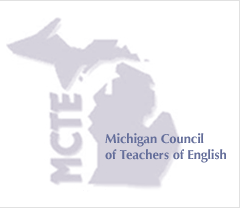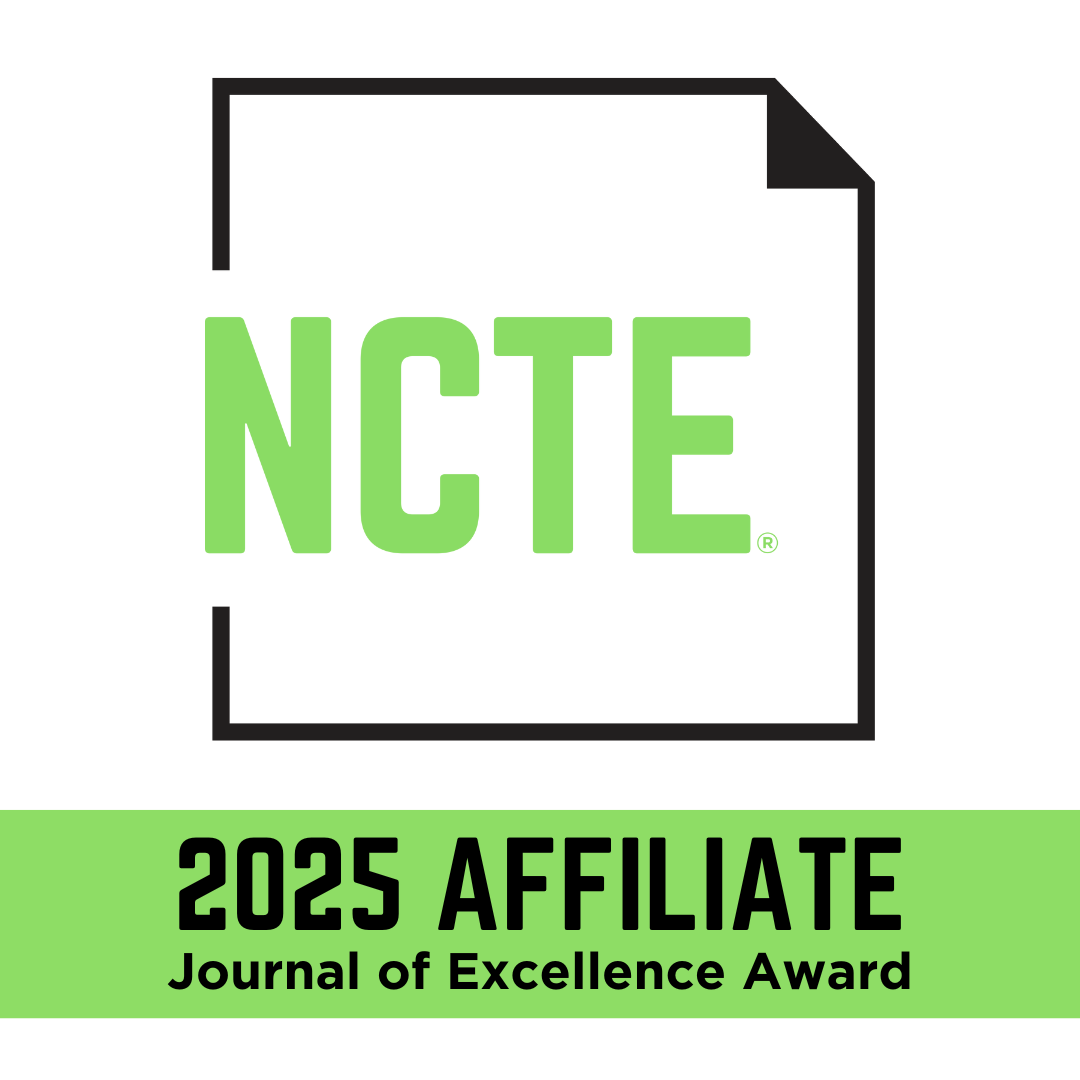Abstract
In this article, authors argue that teaching young adult Gothic novels helps secondary students reflect on social justice issues, such as racism and sexism. We selected four young adult novels (The Dark Descent of Elizabeth Frankenstein by Kiersten White, Dark Companion by Marta Acosta, Open Mic Night at Westminster Abbey by Mary Amato, and Black Spring by Alison Croggon) and paired them with Gothic texts (Mary Shelley’s Frankenstein, Edgar Allan Poe’s tales, Emily Brontë’s Wuthering Heights, and Charlotte Brontë’s Jane Eyre) to draw readers’ attention to issues of privilege and oppression . We offer in-class activities that help connect the paired texts and encourage students to engage with the books’ themes and content. We note how pairing a Gothic classic and a YA novel together provide students the opportunity to identify social justice issues (e.g., gendered and socioeconomic class oppression) in Gothic themes such as the fragmented self, questions of identity, and isolation. In this article, we share our research and pedagogical strategies with readers who might be interested in using them in their own classroom – especially those who teach Gothic literature.
Recommended Citation
Carman Williams, Lindsey I. and Boyd, Ashley S.
(2023)
"Teaching Social Justice Through Gothic Young Adult Literature,"
Language Arts Journal of Michigan:
Vol. 38:
Iss.
2, Article 13.
Available at: https://doi.org/10.9707/2168-149X.2391
Publication Date
2023

